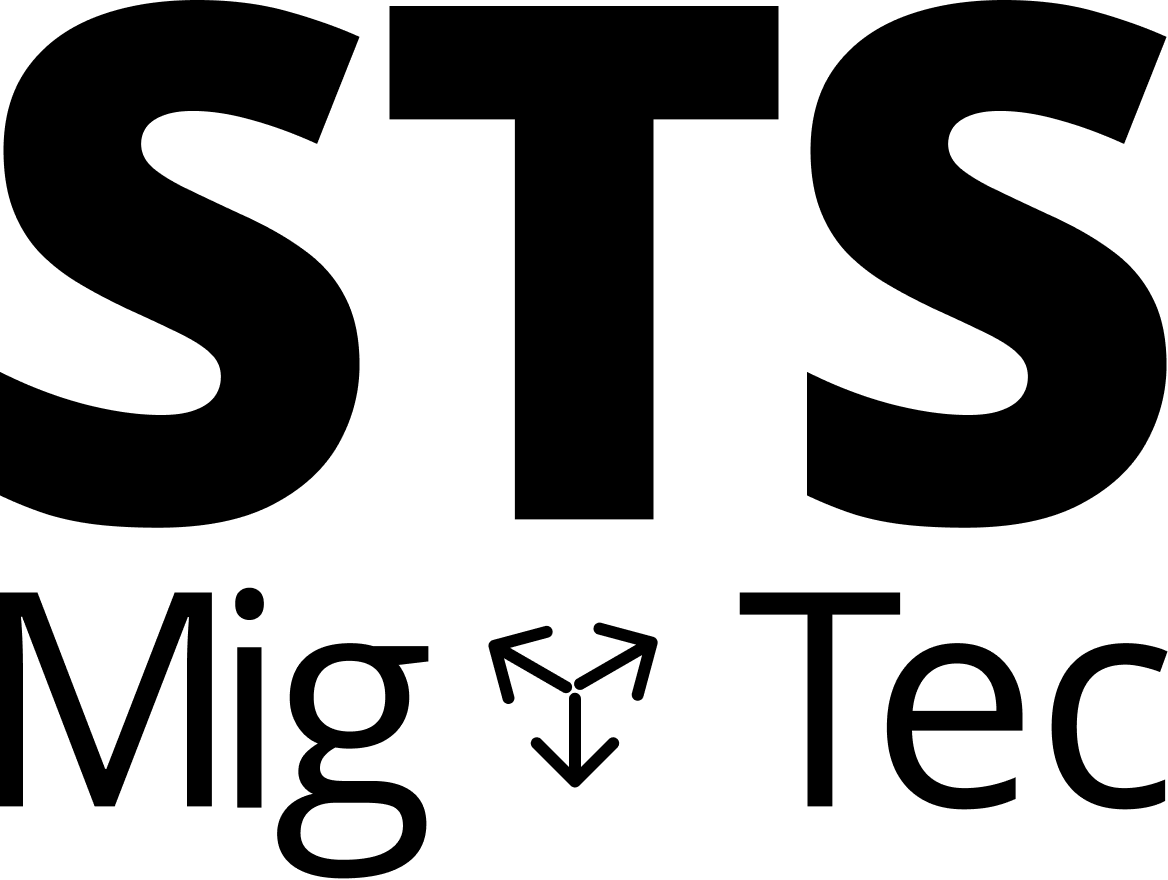Online with João Carvalho, Guest Principal Investigator at CIES (ISCTE-IUL), whose research interests are centred on the fields of comparative politics, international migration policy, and far-right parties in particular. In terms of scientific research methods, the research carried out by him employs qualitative or mixed research strategies, with particular emphasis on qualitative comparative analyses (QCA).
"Emigration and Immigration in Portugal"
This chapter will explore the structural factors that support the migration networks and the policies deployed by the Portuguese government regarding these social phenomena from the twentieth century onward. Remarkably, a large segment of Portuguese emigration was irregular due to the restrictions imposed by the Portuguese state until 1974. Likewise, immigration into national territory for labour purposes has evolved mostly through irregular means, in a context of ineffective channels for labour immigration. While the Portuguese state came close to promoting an active emigration policy in the 2010s, immigration control adopted a laissez- faire approach in the early 2000s in order to attain endogenous political objectives. From a comparative perspective, Portugal has been recurrently categorized as conforming to a Southern European model of emigration and immigration (Peixoto et al., 2012; King, 2019). However, this chapter suggests that Portugal constitutes an exceptional case, seeing as its net migration is quite distinct from that of its Mediterranean counterparts.
To achieve the proposed objectives, the first part of this chapter reviews the development of emigration. Starting from the fifteenth century, the analysis will examine the four waves of Portuguese emigration, the origin and destination of outflows, the sociodemographic profile of the most recently departed Portuguese citizens, and the public policies related to this social phenomenon. The second part of this chapter examines the evolution of immigration into Portugal from the 1970s onwards and the Portuguese state’s approaches to immigration control, immigrant integration, and immigrants’ access to Portuguese citizenship. Drawing on a comparative approach, the politicization of immigration in Portugal between 1995 and 2014 will also be analysed to highlight the divergences between Portugal and its European counterparts.
